With states lifting year-long pandemic protocols and Americans coast-to-coast rapidly getting back to a sense of normalcy, COVID anxiety is the next very real hurdle to overcome.
Lifestyle
So, what exactly is COVID anxiety — and how do we know we have it? COVID anxiety is the fear we get after spending a year under strict COVID restrictions, then having all constraints lifted and being instantly forced back into a normal way of life. Or, to look at it another way, it’s the natural fear of change after being conditioned to always wear a mask, always socially distance, avoid hugs and handshakes, and all the normalities pre-March 2020.
As for how we know if we have it or not, we don’t. Except, after a year of being cooped up in a cacoon of change, it’s almost certain that nearly all of us are now or will soon be experiencing it on some level.
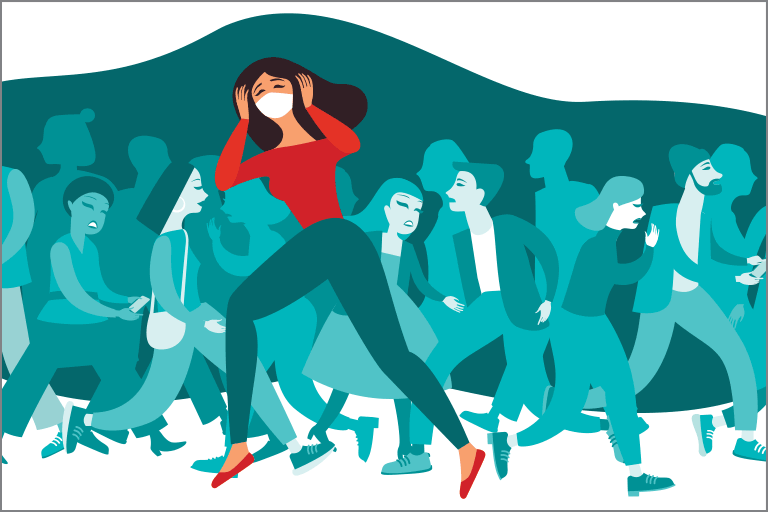
Following a year of take-out-only restaurants or eating in makeshift huts on the street, restaurants are reopening to full capacity. So are movie houses, Broadway theaters, and sports arenas, which have been shuttered for 15 months. Are we ready to sit less than a foot away from total strangers who may or may not have been vaccinated?
Masks are becoming optional everywhere. Gyms previously required masks at all times while exercising, however, face coverings are now being left up to each individual and our “circle of protective space” is becoming compromised.
Let’s face it, times are scary. Everything changed for us in 2020 and now, everything is changing (back) once again. Is it all happening too fast for comfort?
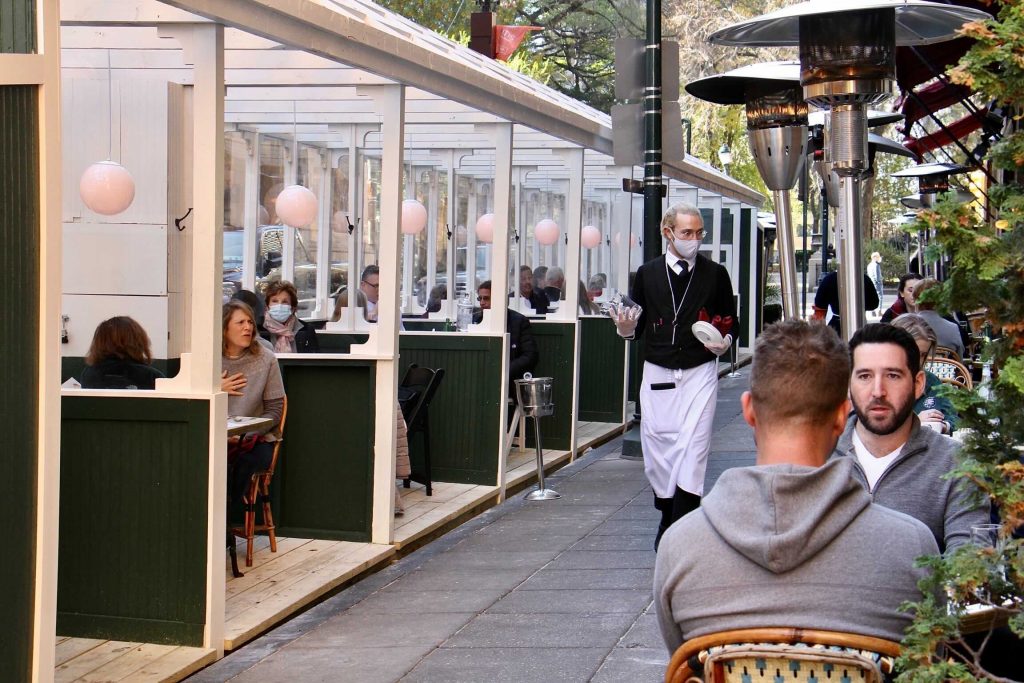
“What was familiar no longer seems as familiar,” said Lynn Bufka, the senior director of practice transformation and quality at the American Psychological Association. “For close to a year now, we’ve had messages of not being with others, to be distant … then the idea that, ‘Oh, there’s ways that we can be with others and it’s OK’ — that’s new information to reconcile. So, it’s understandable that it feels different, at least, if not anxiety-provoking or stressful.”
“Covid has really changed our lives,” clinical psychologist Dr. Jeff Gardere said. “Whether it’s someone they know that has Covid or someone that they know that died, or friends who talked about it or just seeing it in the media, all of those things caused everyone some sort of trauma,” he said.
“We had gotten ourselves into a very safe bubble.” But now, some people “are having anxiety.”
Additionally, we’re all “connection starved” after being forced to stay away from large groups and the people we love. Now, we have to reintroduce ourselves to hugs, handshakes, or other social forms of affection.
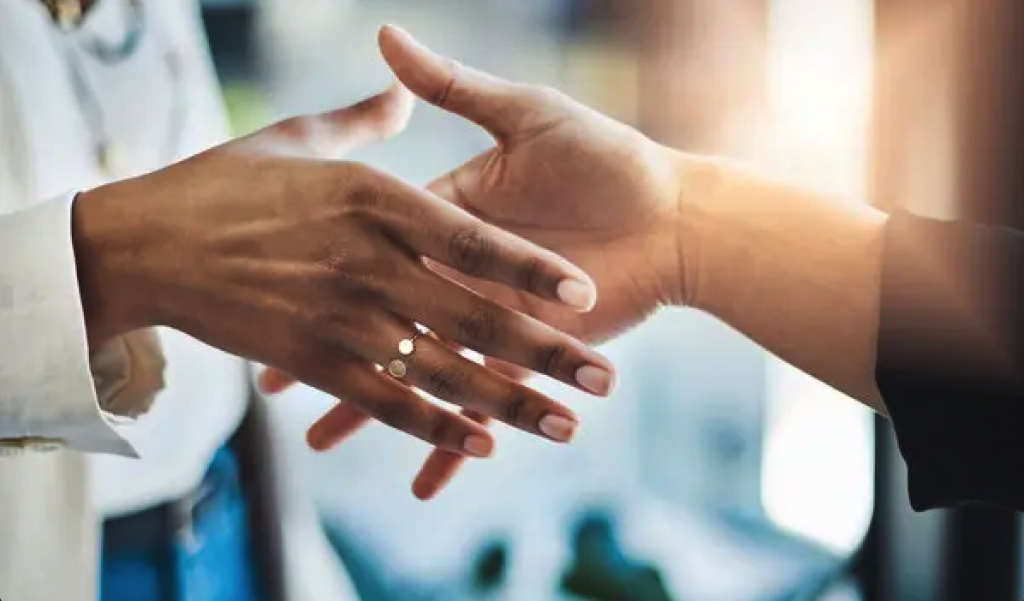
“We’re social people,” Webber added. “You (might) reach out and then you pull your hand back, and we tell people that’s a natural feeling.”
On the flip-side, some of the changes we’ve grown accustomed to are likely here to stay — and that’s a good thing.
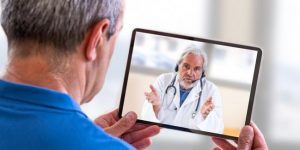 Outdoor dining (wherever possible) has become a popular innovation. Shopping from home and grocery delivery services are almost assuredly here to stay. Also, telemedicine visits with your doctor (in place of traipsing to his/her office in person) are a permanent fixture for the future.
Outdoor dining (wherever possible) has become a popular innovation. Shopping from home and grocery delivery services are almost assuredly here to stay. Also, telemedicine visits with your doctor (in place of traipsing to his/her office in person) are a permanent fixture for the future.
Granted, all the changes we’ve experienced over the past year and a half have understandably created COVID anxiety that we may not even be aware we’re experiencing. When is it a good time to stop wearing a mask? When is it OK to feel comfortable being back in a crowd? Is it safe going back to work after a year of working from home? Is it crazy to continue avoiding people on the street who are maskless?
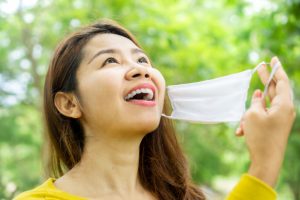 The experts suggest it’s best to gradually slide back into our old groove before taking a full-on dive.
The experts suggest it’s best to gradually slide back into our old groove before taking a full-on dive.
“Take small steps to manage your anxiety, socialize and mitigate actual risk,” said Jacqueline Gollan, of Northwestern University’s Feinberg School of Medicine in Chicago. “If you can’t reduce your anxiety, see if you can change your negative predictions by taking your anxiety ‘to court.’ Evaluate the data that suggests (whether) you have a high likelihood of getting ill while vaccinated.”

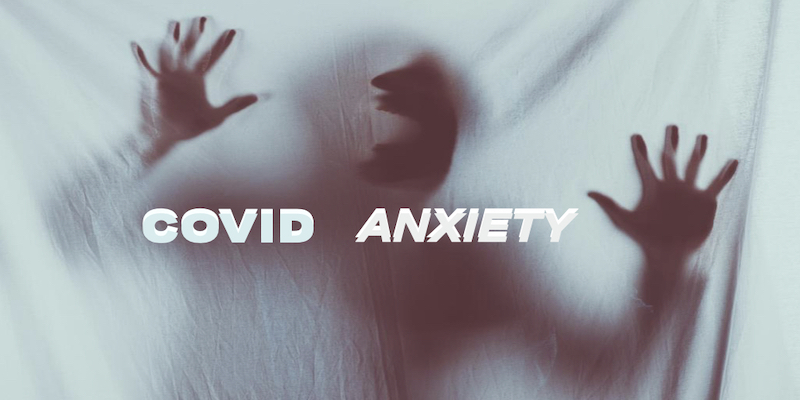
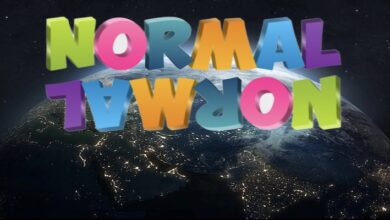
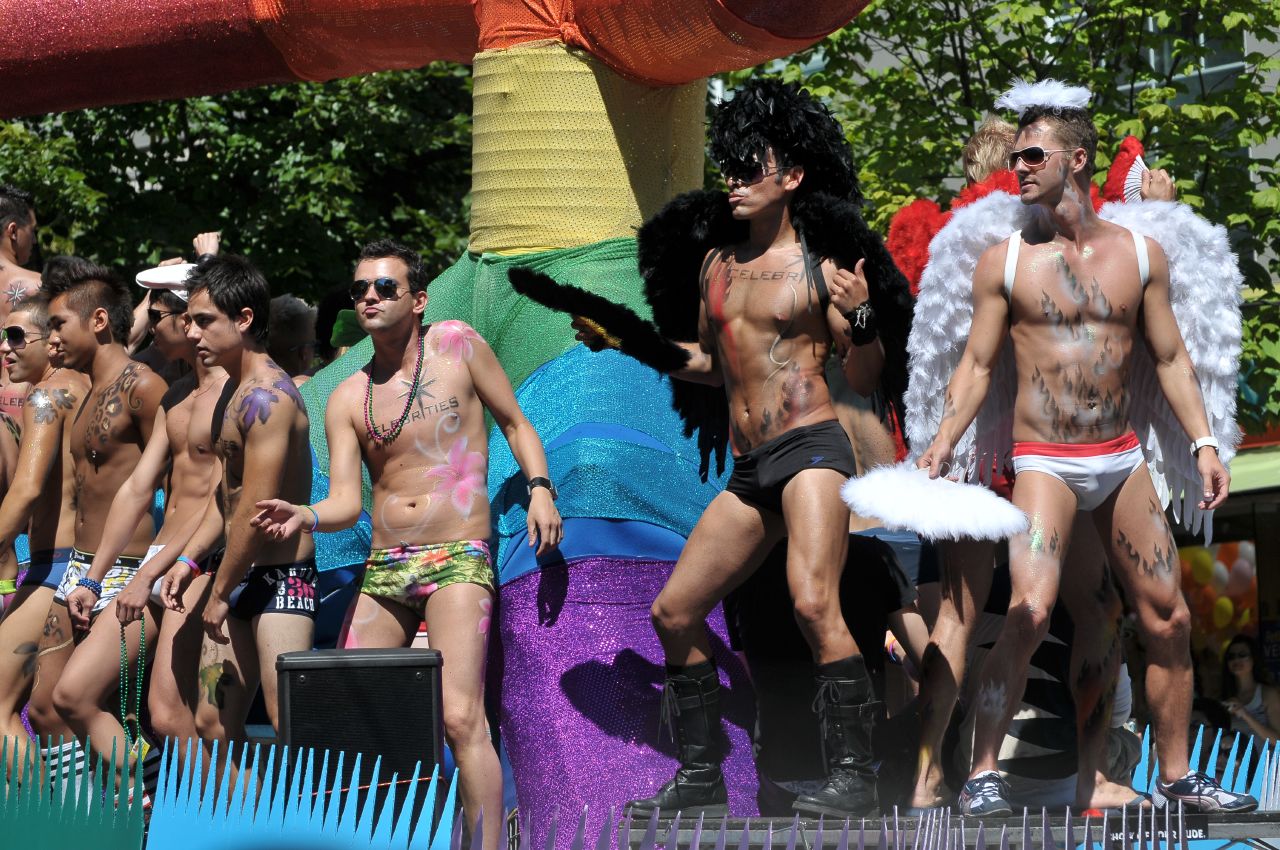
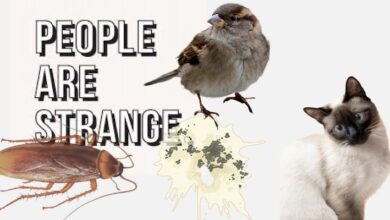
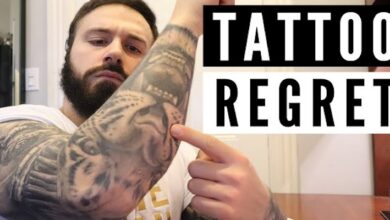
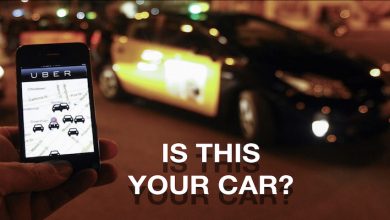
[The experts suggest it’s best to gradually slide back into our old groove before taking a full-on dive.
“Take small steps to manage your anxiety, socialize and mitigate actual risk,” said Jacqueline Gollan, of Northwestern University’s Feinberg School of Medicine in Chicago.] – DJ
Amen to that.
I know I must have Covid anxiety then because I am not used to all these people taking off masks. How am I to know who got the shot or not? I am not taking my mask off yet I do not care what they say.
I’m with you on that BD.
In fact, yesterday was the first time I’ve interacted with a small group of my family members (meaning 3 members) without my mask for about an hour. All adults and we’re all fully vaccinated. But I won’t lie I was still a little nervous….so you know I’m NOT trying to be part of a larger gathering of strangers without my mask.
Uh-uh. Not happening. Not yet or anytime soon!